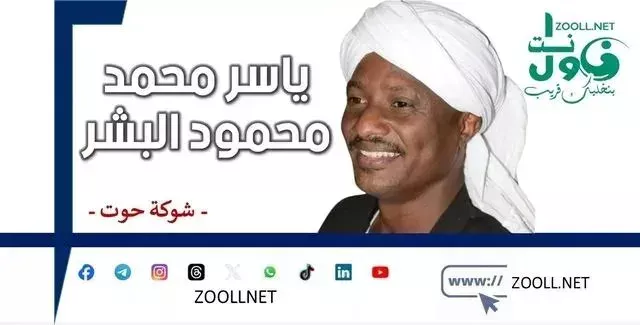What has more influence, Zakat or organizations?

*Zakat, as an Islamic ritual, is the fourth pillar of Islam, and it is the first economic and solidarity pillar. Zakat is taken from the rich and given to the poor so that money is not a state to which the rich contribute. the processes of solidarity and assistance to the poor and needy, according to what is stipulated in the Quranic texts revealed by the Lord of the servants. It can be said that the Zakat Office in Sudan has made a major contribution to establishing the work of zakat at the forefront of Arab countries. A specialized and specialized institute for the sciences of zakat has been established that adapts to all the problems and jurisprudential developments that occur and require renewed jurisprudence in which workers in the field of zakat work from all Islamic countries are trained. measuring the impact of zakat in reducing… The severity of poverty, there are figures and statistics available that confirm the increasing role played by the Zakat Office in public life if we take into account the experience of the Zakat Office in Sudan as a model on which many experiences of other Islamic countries are built, knowing that Zakat is not taken away from non-Muslims, regardless of the size of their money, because Zakat is as it has been previously defined as one of the pillars of Islam, but it is given to non-Muslims whose hearts are reconciled*.
* As for the United Nations agencies and international organizations that work in the field of humanitarian aid, they rely on policies, knowing that the United Nations funds are collected in the form of subscriptions from all countries, and that the implementation of the programs of these organizations is carried out according to established policies that deal with the principle of humanity, without taking into account race, sex, color and religion. This is done through the slogans of the United Nations and organizations working in the field of humanitarian aid, but these organizations have objectives. and policies that they implement through their programs and spend most of the money on programs designed with extreme precision to implement unforeseen agendas, in addition to imposing programs that absorb most of the amounts allocated to specific programs such as birth control and women's rights and combating circumcision and other programs that have a limited and necessarily known impact*.
*It is worth noting that the United Nations agencies and international organizations spend huge amounts of money on media campaigns, while the Zakat Office provides its humanitarian aid silently or presents some of its tasks in a brief media form, the aim of which is to encourage those who are responsible for paying zakat and reassure their hearts that their money that was paid to the Zakat Office has reached its destination. Those who deserve it are the poor, the needy and the stakeholders if we take into account the history of zakat. The United Nations agencies and international organizations began to be implemented in 1947 AD, then zakat as a ritual began to be implemented 1445 years ago. It is an institution that is fifteen centuries old and will continue until God inherits it. United Nations agencies and other organizations represent fronts for political and religious parties whose aim is to silently destroy this pillar of solidarity.
*The Zakat Office should consolidate its experience in Zakat work and design a clearly defined media message in a number of recognized languages, such as English, French, Swahili and other languages. At the very least, Zakat should be conveyed as a message. ritual and an approach to social solidarity, which puts the burden on those who are responsible for developing the Zakat discourse*.
Half a fork
*The purpose of this comparison and approach is to open the door to the Zakat Office, UN agencies and foreign organizations to express their opinions on what we have written today and send messages to assess the economic and social impact in the field of work presented.*
A quarter of a fork
*The Zakat Office must work hard to develop the Institute of Zakat Sciences so that it becomes a destination for researchers and those who work hard to find an answer to the title of this article*.






